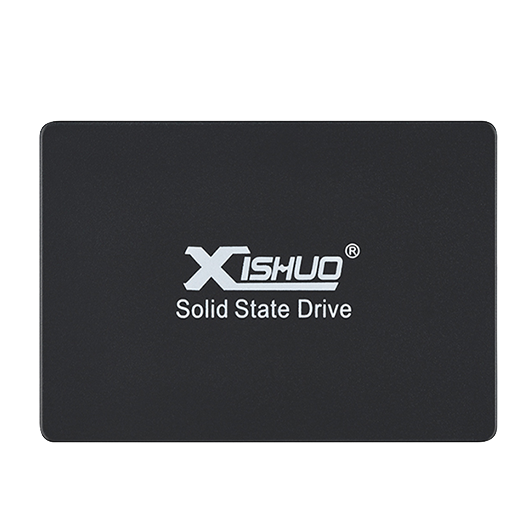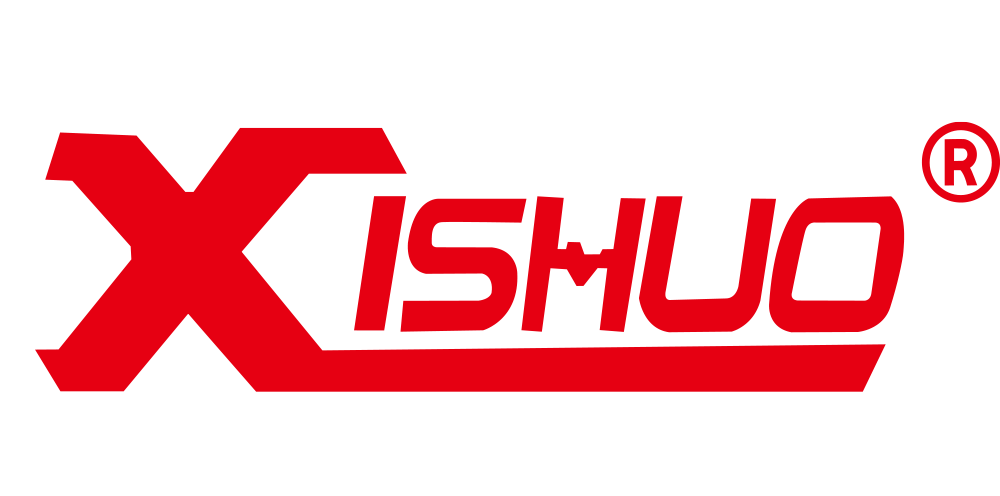What is better SSD or HDD?|Xishuo
The choice between an SSD (Solid State Drive) and an HDD (Hard Disk Drive) depends on your specific needs. Here's a breakdown of their advantages and disadvantages:
SSD (Solid State Drive)
Advantages:
Faster Speed: SSDs are much faster than HDDs. They can access data almost instantly, leading to quicker boot times, faster application loading, and better overall system performance.
Durability: Since SSDs have no moving parts, they are more durable and less prone to physical damage (e.g., shock or vibration).
Energy Efficient: SSDs consume less power, which can be beneficial for laptops and portable devices.
Quieter: No moving parts mean less noise.

Disadvantages:
Price: SSDs are more expensive per gigabyte than HDDs, although the price gap has been closing in recent years.
Limited Write Endurance: SSDs have a limited number of write cycles, though for most users, this isn’t a concern in everyday usage.
HDD (Hard Disk Drive)
Advantages:
Cost-Effective: HDDs are much cheaper per gigabyte, making them a better option if you need large storage at a lower cost.
Larger Capacity: HDDs are available in much larger capacities (up to several terabytes), so if you need to store a lot of data, they are a better option for bulk storage.
Disadvantages:
Slower Speed: HDDs are slower than SSDs because they rely on moving parts (spinning disks and a read/write head).
Less Durable: The mechanical parts in HDDs are more vulnerable to physical damage (e.g., if dropped or exposed to extreme conditions).
Noisier: Because of the moving parts, HDDs can produce noise while operating.
Which is Better?
For Performance: SSDs are the better choice if you prioritize speed, responsiveness, and durability. They're especially good for operating systems, applications, and gaming.
For Storage Capacity & Cost-Effectiveness: If you're looking for large amounts of storage (for example, for a media library or backups) and price is a concern, HDDs are better.
Conclusion:
Use an SSD if you want fast access times, responsiveness, and better overall system performance.
Use an HDD if you need lots of storage at a lower cost and can tolerate slower speeds.
Many people opt for a combination of both, using an SSD for their operating system and applications, and an HDD for bulk storage.











